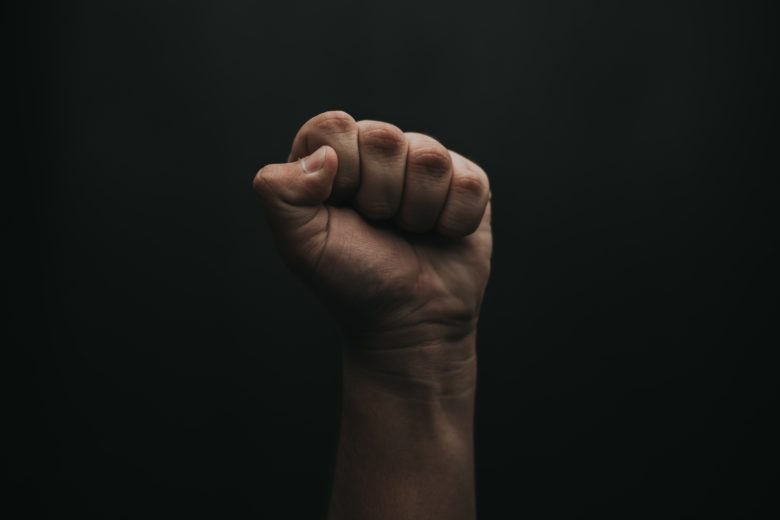
The power of artists is undeniable. We are fortunate that so many Latino artists have used their gifts to shine a light on the injustices, events and political climate of their time. The Latino artists listed here use their talents to advocate for causes or simply catalyze thought. Their art is their activism. It serves as a chronicle to the times they lived (or live) in.
Victor Jara
Jara was a Chilean folksinger turned folkhero. He was a teacher, singer, theater director and political activist. He achieved international fame when his music reached America in the 1970s. Jara songs promoted peace, love and awareness of the class struggles. “Preguntas por Puerto Montt” is a famous song critiquing the Chilean government’s use of police brutality. His work helped cement Chile’s “nueva cancion” folk music.
Jara’s song, “Venceremos” became a political anthem used by Chile’s President Salvador Allende. A military coup by Augosto Pinochet overthrew Allende’s socialist government in 1973. Jara’s on the ground support and defiant songs made him a target for Pinochet’s torture. He met his end in Santiago’s soccer stadium but not before writing a poem (“Estadio Chile”) about the experience that was smuggled out to the world.
Edward James Olmos
Mexican American actor Edward James Olmos is one of the best known actors of his time who has used his talent in various ways–from portraying real life heroes like math teacher Jaime Escalante or getting projects made (film classic “American Me” was the first movie he directed).
Olmos gained fame in the 1970s for his turn as El Pachuco in “Zoot Suit” both on stage and on screen. Since then Olmos’ career has showcased the breadth of Latino stories on screens across the world. He is considered one of the pioneers of Latino Hollywood and takes his role seriously. Olmos started various organizations including the Los Angeles International Latino Film Festival, the nonprofit Latino Literacy Now and Latino Public Broadcasting which funds public television programs that discuss Latino issues. Olmos is largely responsible for helping Latino men be seen and re-imagined in the public eye.
Residente
Residente is a Puerto Rican rapper and human rights activist whose music regularly makes a statement. One of his earliest songs “Querido FBI” took the American agency to task for the death of Puerto Rican nationalist. His musical success empowered him to raise awareness about issues such as gun violence, access to education and indigenous rights. Residente regularly fights for his comunidad Boricua by using his platform to call out the slow federal response post-Hurricane Maria. He also personally provided aid and resources to islanders. Residente’s work has earned him various honors including a Nobel Peace Summit Award.
Ruben Blades
Panama’s native son Ruben Blades has been writing and singing odes to social issues since he started making music. Whether an ode to the working man, the history of immigration or realities colonization Blades tackles it.
The Harvard educated lawyer made his way from Panama to New York city to work as a mail clerk at Fania records. It got his foot in the door and sound on wax. He turned salsa into thinking man’s music making people dance and consider the world around them. Songs like “Plastico” and “Pedro Navaja” illuminate that. In the mid 1990s he even ran for President of Panama but lost. Blades later became Panama’s minister of tourism making economic change in his homeland. Since then he continues to make political statements through his music, acting and has considered running for Panama’s presidency again.
Jean-Michel Basquiat
This Brooklyn-born artist with Haitian and Puerto Rican roots used graffiti, installations and music to comment on the world around him. The neo-expressionist painter started his career in the early 1980s writing epigrams in Manhattan’s Lower East Side and became famous as part of the graf duo “SAMO.” He used images, painting and drawing along with text to open dialogue about various issues.
Basquiat’s habit of writing and drawing on everyday objects incorporated art into daily life. “Defacement”, a critique of police brutality that killed fellow artist is a private work that’s now being made public this year. Whether talking about racism, cultural erasure, or celebrating black and brown people, Basquiat always made a statement.
